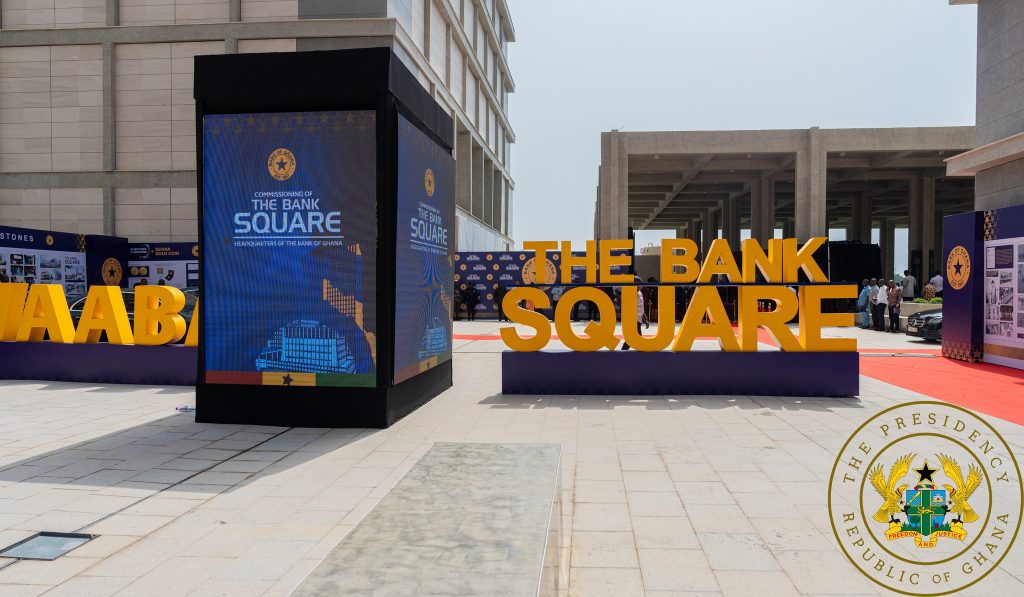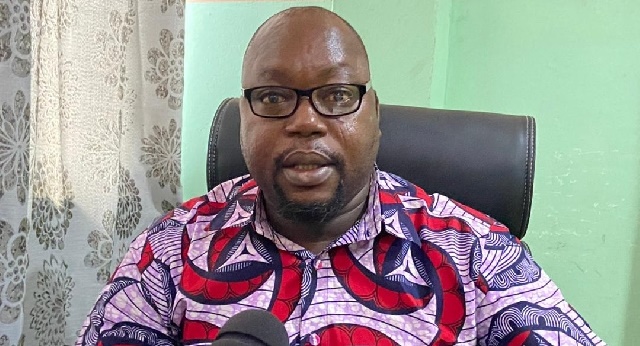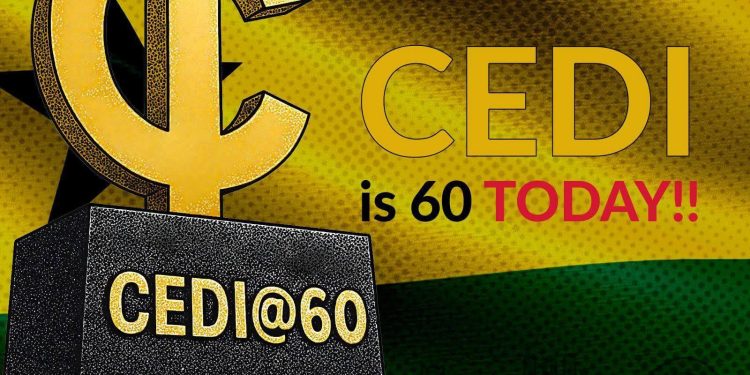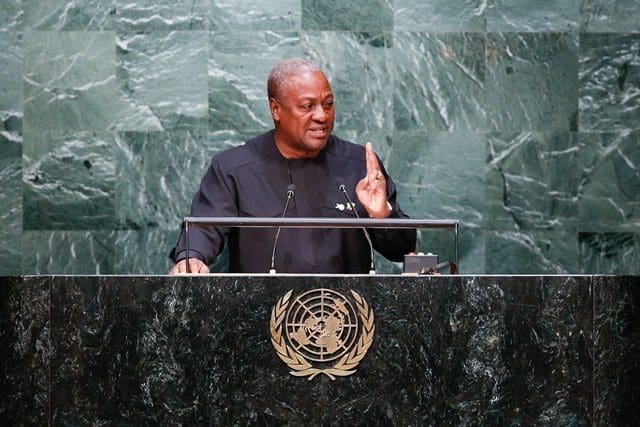Ghana’s university lecturers are threatening industrial action over what they describe as President John Mahama’s failure to act decisively on illegal mining, widely known in the country as galamsey, a practice that continues to cause widespread environmental damage.
In a statement released following an emergency meeting on July 17, the National Executive Council of the University Teachers Association of Ghana (UTAG) expressed frustration with the government’s slow progress on its anti-galamsey commitments, warning that inaction could soon lead to a nationwide strike by academic staff.
UTAG cited President Mahama’s 2024 pre-election signing of the National Pledge Against Illegal and Irresponsible Mining—witnessed by both the association and the Ghana Coalition Against Galamsey (GCAG)—as a binding social contract with the Ghanaian people, one the group argues has yet to be honored meaningfully.
“UTAG expects the President to fulfil his pledges with urgency and transparency. If concrete steps are not taken promptly, UTAG will not hesitate to activate all constitutionally permitted avenues—including industrial action—to demand the fulfilment of these national commitments,” the statement said.
Among the key unfulfilled commitments UTAG highlighted were:
- A public denunciation of illegal mining and its environmental impact;
- An executive directive to immediately cease illegal mining operations, particularly in forest reserves and water bodies;
- Empowering law enforcement agencies to act impartially, without political interference;
- Implementation of practical, enforceable anti-galamsey policies;
- The removal of local government officials who enable or shield illegal mining activities.
The association pointed to ongoing environmental degradation in the Ashanti, Eastern, Western, and Ahafo regions as evidence of what it sees as the administration’s inability—or unwillingness—to deliver meaningful reform.
Although UTAG acknowledged recent steps by the Attorney General directing the Economic and Organized Crime Office (EOCO) to investigate politically linked actors in the illegal mining trade, it maintained that “more significant and coordinated action is needed to eradicate the galamsey menace in the country permanently.”
In addition to anti-mining enforcement, UTAG is pressing the President to repeal Legislative Instrument (L.I.) 2462—regulations governing mining procedures—and to declare a state of emergency in areas hardest hit by illegal mining activity.
The lecturers’ warning adds to mounting pressure on the Mahama administration, which has faced criticism from civil society groups and environmentalists for not following through on pledges to curb illegal mining. UTAG’s leadership urged its members and the broader public to remain vigilant and engaged.
“The time for rhetoric is over; the time for action is now,” the association stated.











